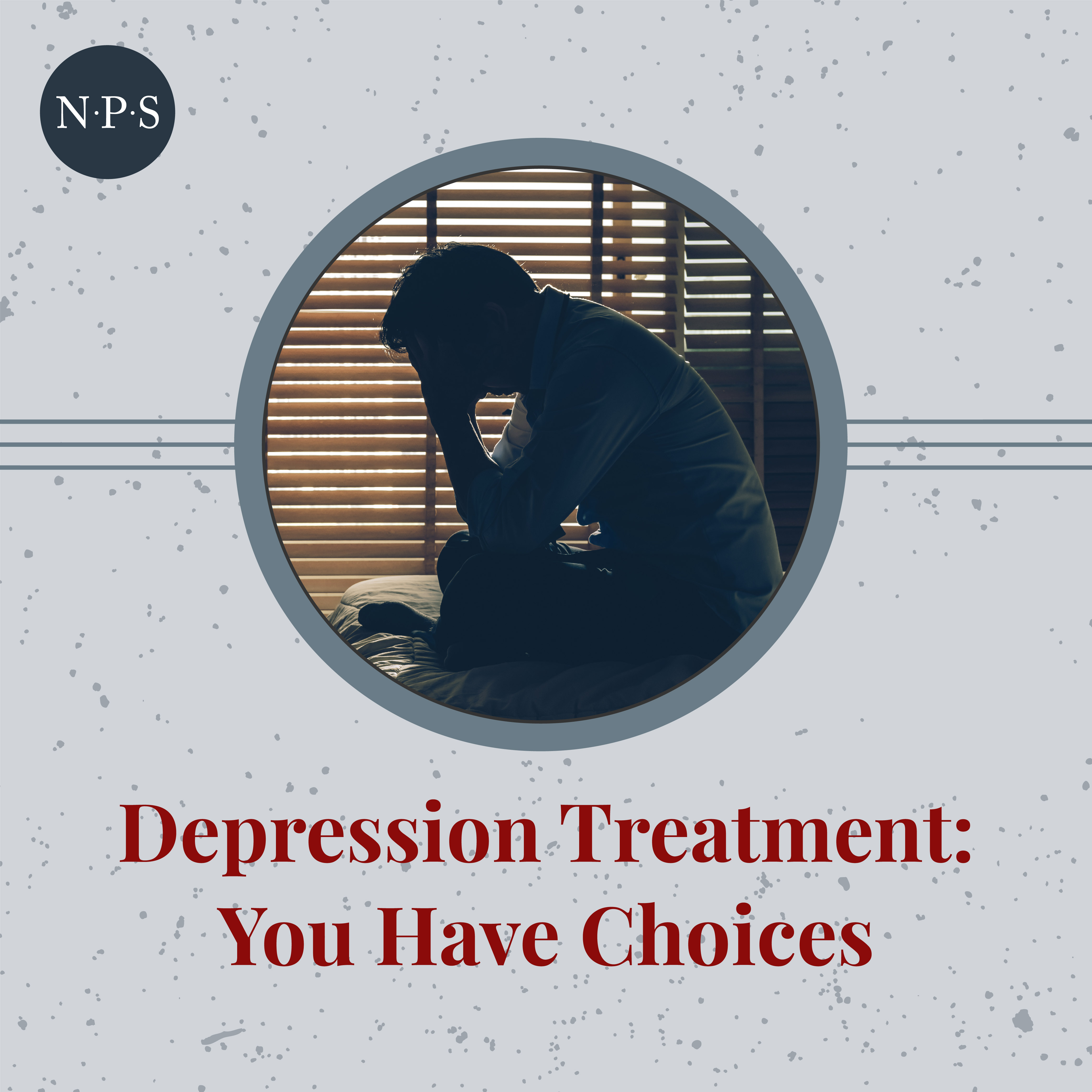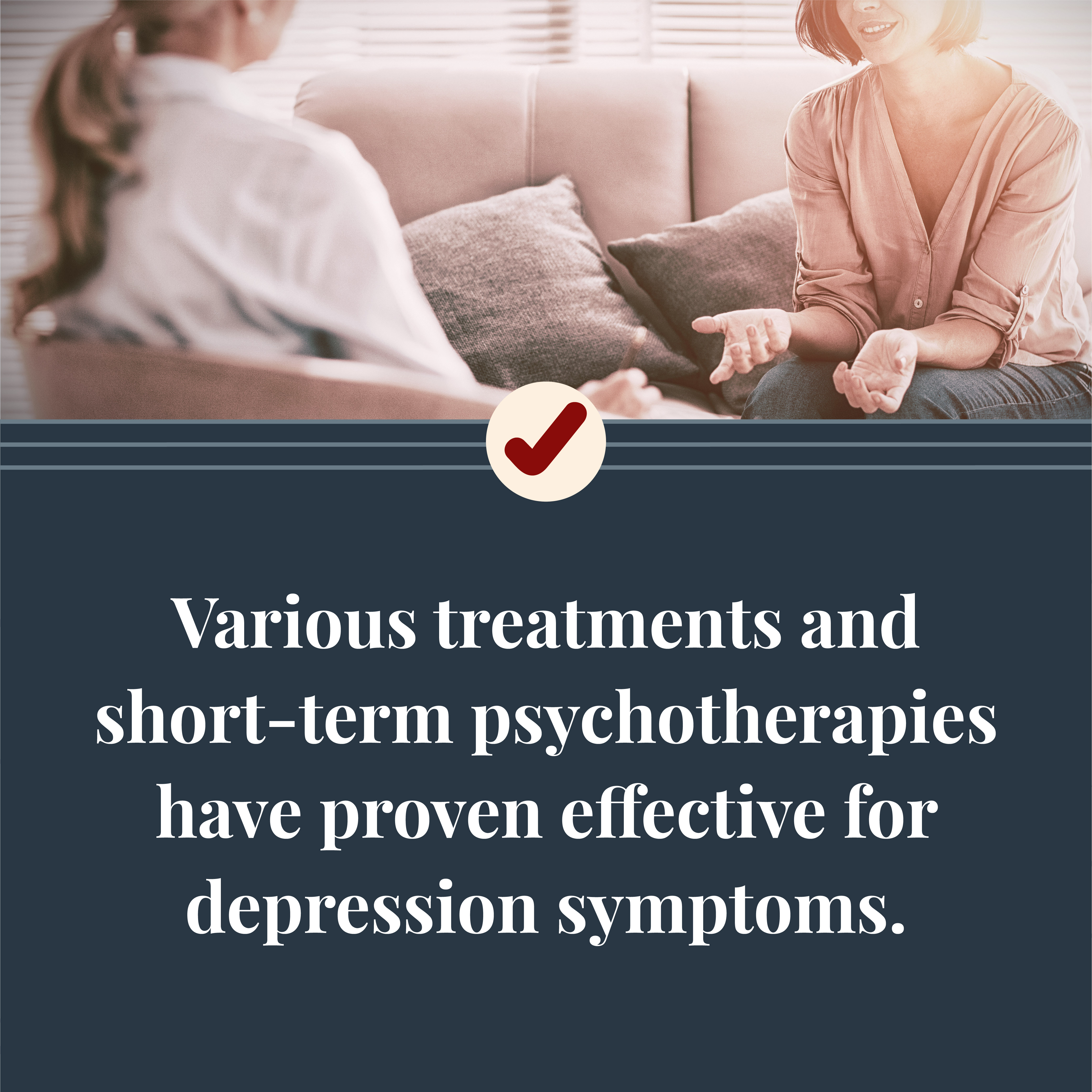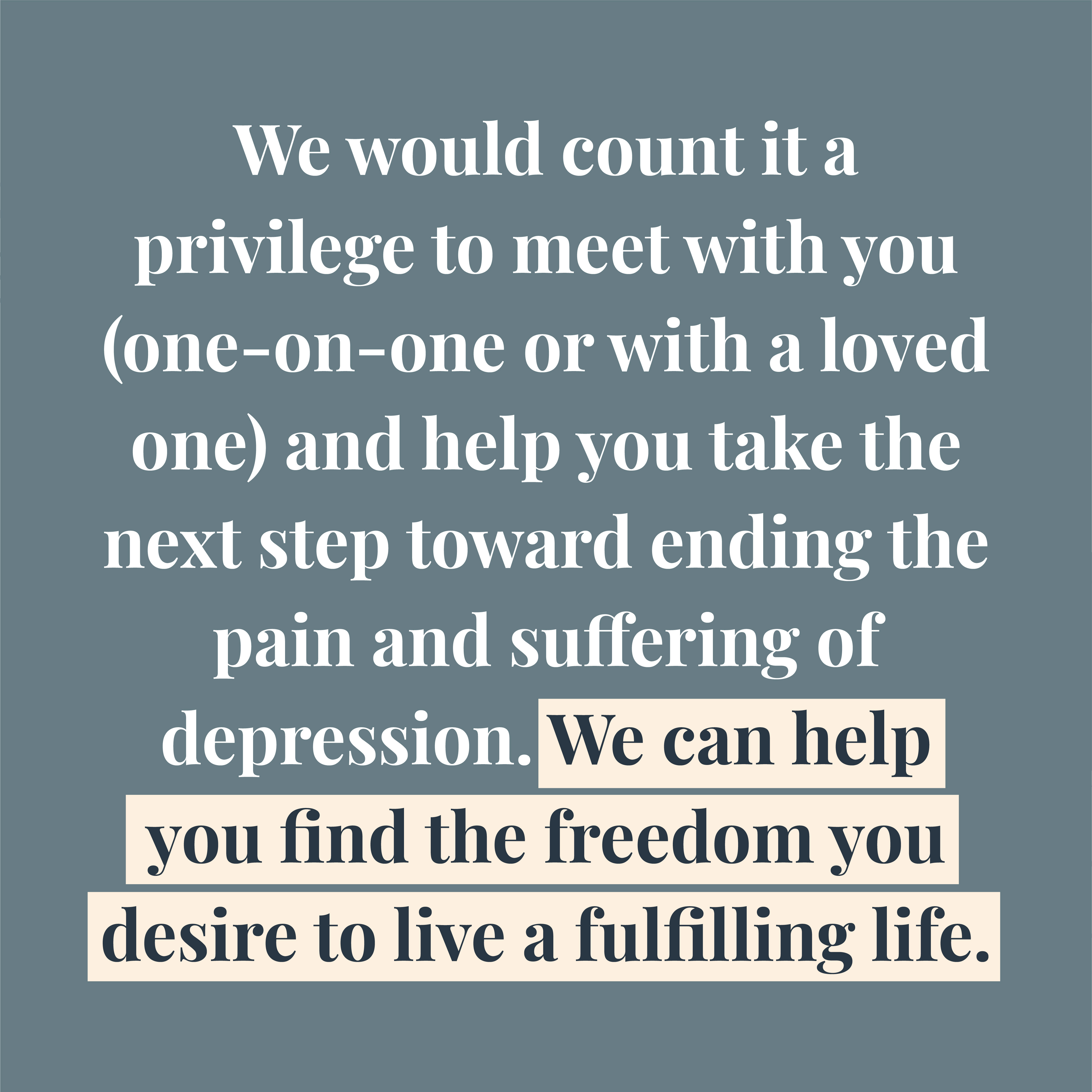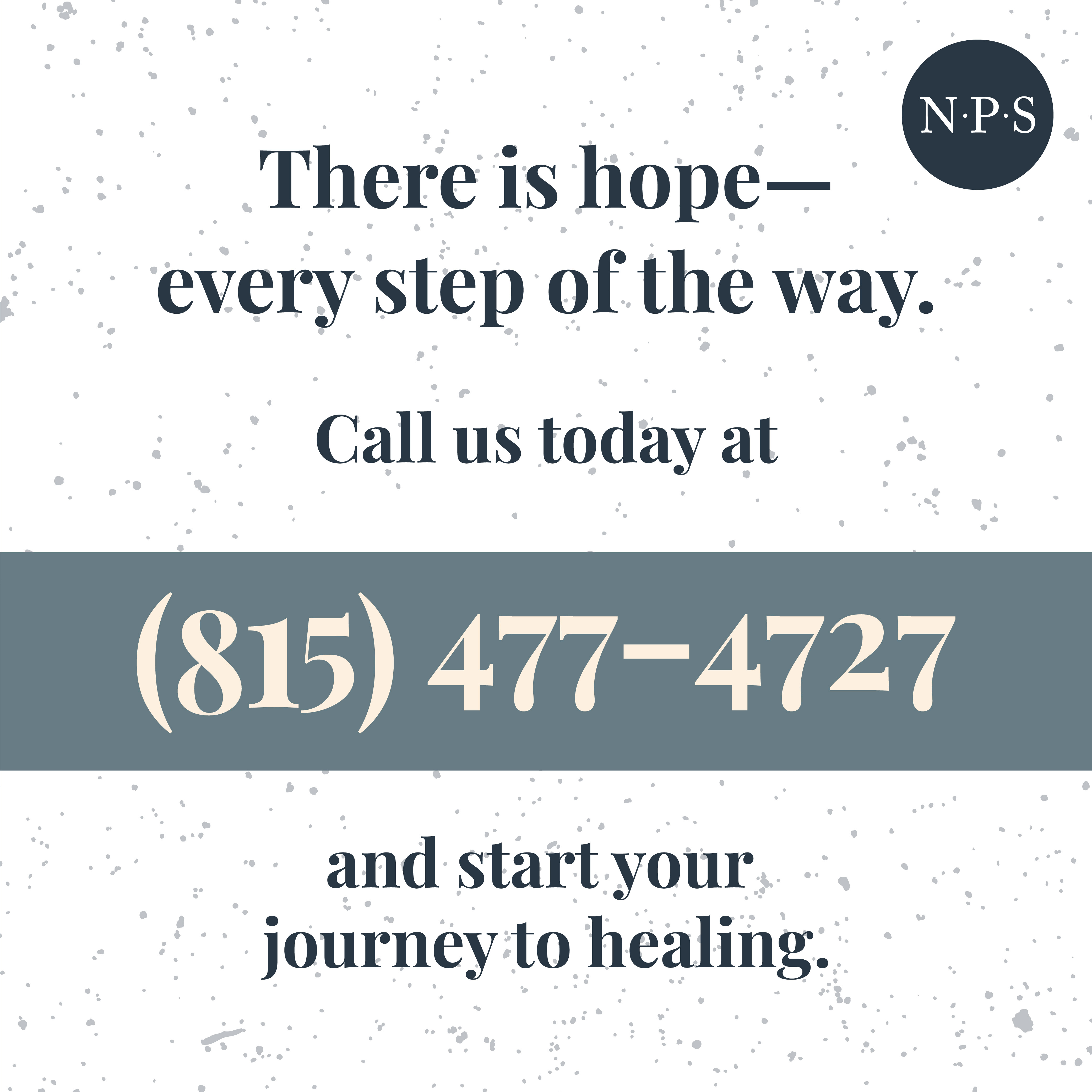What Is Neurofeedback Therapy and How Does It Help with Depression?
Each year, we gain a better understanding of the brain’s plasticity–or its potential to change and adapt. These changes are usually the results of life experience and learning. However, they are occasionally triggered by injury, chronic disease, or a mental health disorder.
Neurofeedback therapy is a noninvasive treatment meant to encourage the brain to adapt in healthier ways. It requires the use of sensors which are placed on the head to record a person’s brain waves. A software program then analyzes the results and provides audio-visual feedback to reward healthy brain activity.
Over time, this treatment teaches the brain to adopt more positive “habits." This enables the person to avoid or better manage the negative effects of a mental health disorder.

How Does Neurofeedback Therapy Work?
Our brain cells communicate via brain waves–or electrical impulses. Each brain wave differs in frequency (speed) and amplitude (height.) Typically, faster brain waves suggest focus and awareness while slower waves suggest relaxation or sleep.
Certain mental health disorders can affect brain waves in negative waves. For example, a person with anxiety may experience faster brain waves while a person with ADHD may experience slower waves. Meanwhile, a person suffering from depression may exhibit an imbalance in their alpha waves–which are brain waves found in the occipital lobe and associated with relaxation.
Through neurofeedback therapy, a counselor can identify concerns within a person’s brain activity. The counselor will then work with the client to establish healthy goals for the treatment. These goals are used to train the software system to reward the brain with positive feedback when it reaches those goals. Over time, those positive rewards will build healthier “habits.”
How Will Neurofeedback Help My Depression?
Depression is associated with abnormal brain activity. This makes neurofeedback therapy a good option for those looking to train their brains into healthier patterns. Because the brain is so incredibly complex, positive results cannot be guaranteed. However, we have seen these kinds of results for our clients with depression:
Better Regulation
Over time, many of our neurofeedback clients find it easier to regulate or control their emotions, thoughts, and behaviors. As a result, they are better equipped to face the stressful and negative experiences life throws at them.
A negative mood is a major side effect of depression. We’ve seen firsthand how neurofeedback therapy can help sufferers find relief from that symptom.
Reduced Anxiety
Anxiety and depression are often co-occurring. In fact, many professionals believe that depression is the brain’s response to a long-term state of anxiety. Both disorders can cause sufferers to feel disoriented, restless, or agitated. All of these symptoms can be addressed through neurofeedback therapy.
Improved Sleep
It’s believed that “alpha intrusions”–or disruptive brain waves that occur during deep sleep–may be a factor in chronic insomnia. Neurofeedback therapy identifies these disturbances and trains the brain to avoid them in favor of activity more conducive to sleep.
Increased Motivation
As the negative effects of depression and poor sleep begin to fade, many clients find a renewed sense of motivation. Better regulation also makes it easier for individuals to stay focused on the tasks they have at hand.
Of course, all of these results will vary per individual and depend upon the goals set between client and counselor. Still, we encourage our clients with depression to ask us about neurofeedback therapy. We’d love to talk more specifically about your mental health and whether neurofeedback therapy can provide a solution.
What Other Conditions Can Be Treated by Neurofeedback Therapy?
Using neurofeedback therapy to achieve healthier brainwave activity does more than treat depression. You may also see improvements if you suffer from any of these other conditions:
ADHD
Several recent studies suggest neurofeedback therapy reduces hyperactivity and inattentiveness in children with ADHD. Currently, it’s recommended as a complementary therapy to other behavioral treatments.
If you or a loved one are already working with an ADHD coach, ask about neurofeedback therapy and whether it might be a good addition to your ongoing treatments. We’d love to tell you how this treatment has helped past clients increase attentiveness and manage impulsivity.
Substance Use Disorder
Brain imaging studies of people with substance use disorders show changes to the physical makeup of the brain–particularly in the regions associated with decision-making and behavioral control. These studies have helped us understand that addiction is not a moral failing or weakness of willpower. Instead, it is a mental health disorder that can be treated.
Neurofeedback therapy is one of many treatments available for those suffering from a substance use disorder. It’s been successful in helping people manage their withdrawal symptoms and reduce cravings. If you’d like to learn more, give us a call.
Trauma or PTSD
The stress of trauma or PTSD is known to disrupt the balance of brain waves and result in emotional dysregulation. Over time, neurofeedback therapy can regulate those disruptive patterns. It can also provide relief for symptoms like flashbacks and panic attacks.
In cases of trauma or PTSD, neurofeedback therapy should not be a stand-alone treatment. However, it can be used with other proven techniques, like Cognitive Behavioral Therapy.
How Do I Know If Neurofeedback Therapy Is Right for Me?
At NPS, we strongly believe in the mind-body connection–which is why we recommend practices like yoga, meditation, Tai Chi, and more. When you choose our center, you’ll receive treatment that is meant to improve your well-being as a whole, not just minimize symptoms.
Neurofeedback therapy is just one example of how our team strives to do just that. The best way to discover whether this treatment is right for you is to call our center directly. We will put you in contact with a counselor who understands your challenges and concerns and can direct you to the best path forward. To reach our office, give us a call at (815) 477-4727.
Are you ready to take the next step?
CONTACT US AND SCHEDULE YOUR FIRST APPOINTMENT TODAY.









